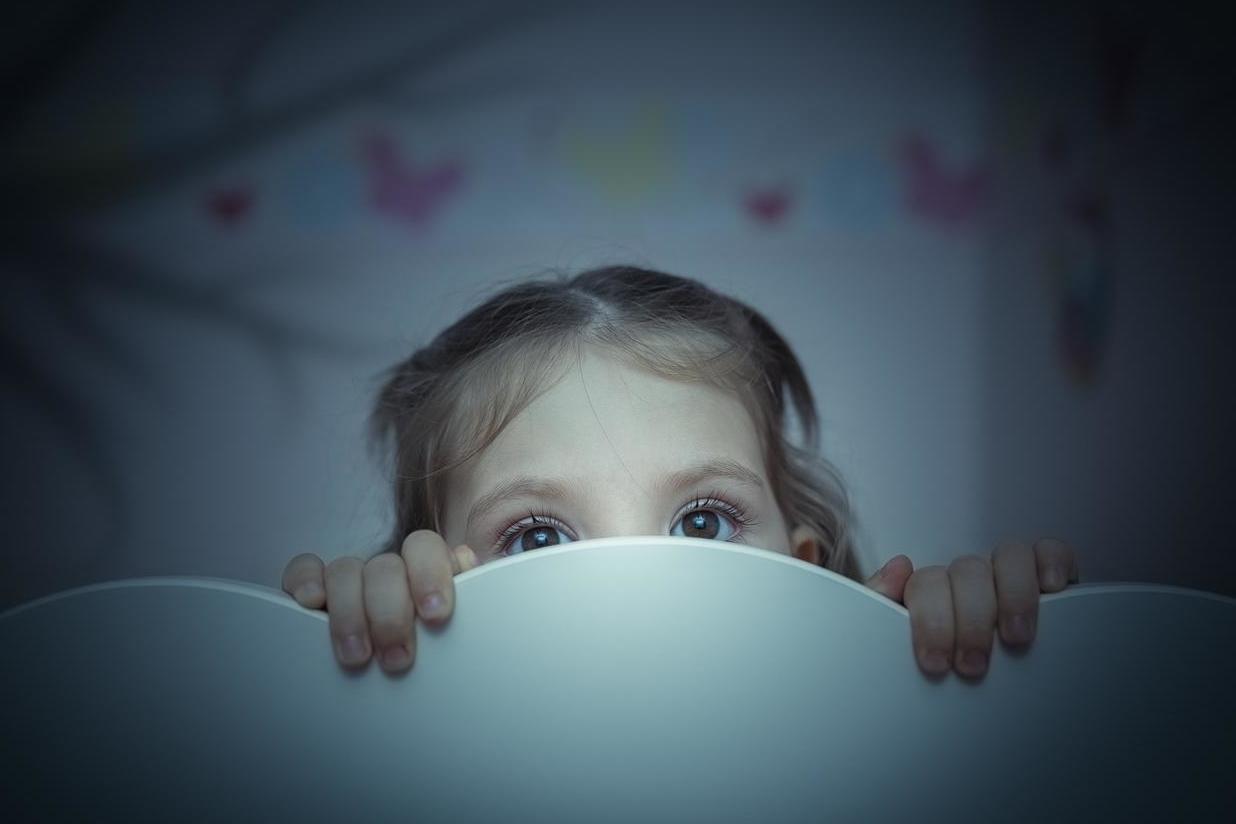Children at risk of obesity due to sleep deprivation
'Regular poor-quality sleep can have a negative impact on dietary choices'

Thousands of children aren’t getting enough sleep and are consequently putting themselves at a greater risk of obesity, a poll suggests.
A survey conducted by the British Nutrition Foundation (BNF) of more than 6,000 children found that 32 per cent of primary school pupils and 70 per cent of secondary school students get less than nine hours of sleep a night, the minimum recommended amount.
Half of those in secondary school also reported waking up in the middle of the night at least once.
The survey also looked at the eating habits of the children and found that a quarter of secondary school students and one in ten primary school pupils had not eaten breakfast that day.
Meanwhile, it seems that many others could be missing out on key nutrients, with only 18 per cent of secondary school students consuming fruit or vegetables in their first meal of the day.
Nearly two in three (59 per cent) of this group said they used a screen before bedtime, with 49 per cent of primary school group saying the same, leading scientists to believe that this might be to blame for their poor sleep.
The poll also examined the sleeping patterns of more than 1,500 adults and found that 43 per cent of them get fewer than seven hours of kip a night while 80 per cent reported waking up at least once in the night. Half of those surveyed also said they used some kind of screen-based device before going to sleep.
Dr Lucy Chambers, senior scientist at the BNF, said a bad night’s sleep can lead both adults and children to make unhealthy decisions when it comes to their food.
“Where lack of, and disturbed, sleep can lead to both adults and young people feeling grumpy and irritable, regular poor-quality sleep can have a negative impact on dietary choices, including higher intakes of calories and more frequent snacking on less healthy foods,” she explained.
“The BNF’s Task Force report, published earlier this year, highlighted that lack of sleep, and interrupted sleep, may be linked to an increased risk of heart disease, stroke, Type 2 diabetes, obesity, and hypertension.”
The findings reflect those of a previous report published in Science Advances, which found that a night of missed sleep could leave you feeling physically weaker and more at risk of obesity.
Join our commenting forum
Join thought-provoking conversations, follow other Independent readers and see their replies
Comments
Bookmark popover
Removed from bookmarks